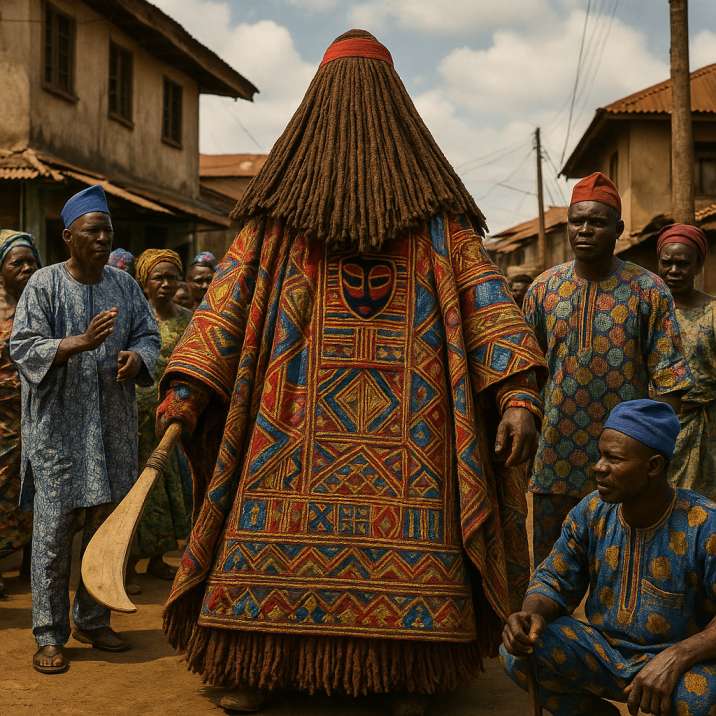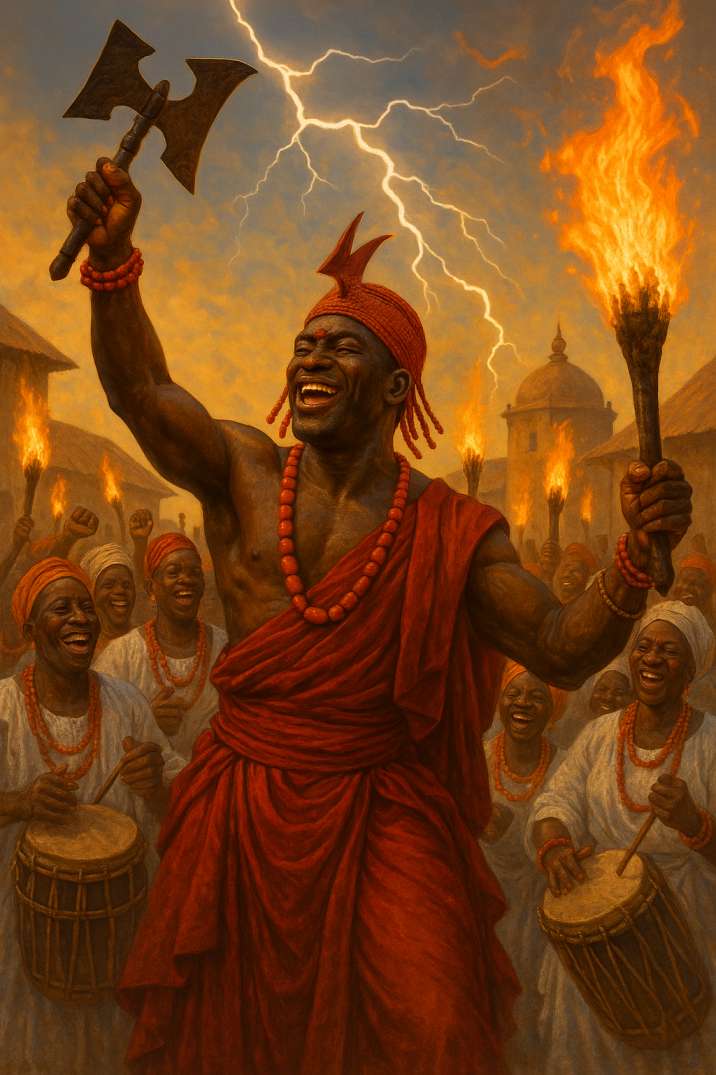Some years ago, I watched a group of girls participate in a traditional ceremony in southeastern Nigeria. It was supposed to be a rite of passage, but what I saw were stiff faces, awkward giggles, and a kind of forced obedience. When one of the girls whispered something that made the others laugh, an elder silenced them with a sharp glare. In that moment, I asked myself: Do we still understand why we do these things, or are we just afraid to stop?
Africa is rich in heritage. Our culture is in how we greet elders, the names we give children, the way we dance, bury, marry, and tell stories. But as our world changes faster than ever, it’s time we stopped and asked: Are all our traditions still serving us? Or are some of them quietly holding us back?
When Culture Becomes a Cage
Certain practices, once rooted in community and meaning, now raise difficult questions. Female genital mutilation (FGM), for example, remains widespread in parts of Africa. According to UNICEF, over half of the girls in Somalia and Guinea undergo this practice, often before they’re old enough to understand what it means. It is often passed down under the banner of “purity” or “preparation,” but the trauma, both physical and emotional, can last a lifetime.
Or take the practice of bride price, once a symbolic gesture of union and respect. Today, in some areas, it has evolved into a transaction that traps women in unhealthy marriages and makes men feel entitled. A culture that reduces relationships to commerce is one in urgent need of review.
None of this is to say culture is wrong. But no tradition should be above question. Real love for culture means being honest about what no longer works.
When Culture Breathes
Thankfully, across Africa, we are seeing moments of cultural rebirth—where the old meet the new with grace.
After the 1994 genocide in Rwanda, traditional gacaca courts—community-based systems of justice—were revived to handle the backlog of cases. They weren’t perfect, but they worked because they were rooted in local wisdom and communal healing.
In South Africa, traditional Zulu festivals now include performances by youth groups that address gender-based violence through music and storytelling. What was once only about celebration is now also about change.
Online, young Africans are reclaiming their narratives. On TikTok and YouTube, creators are blending proverbs with poetry, remixing folk tales, and giving forgotten languages new life. Culture is not being lost, it’s being rewritten, revived, and shared.
What Could Work Better
We need space for dialogue, for honesty, for growth. That space begins at home, where elders should feel heard, but so should young people who carry both memory and momentum.
Schools should teach students how to think about culture, not just memorize it. Parents should be open when children ask, “Why do we still do this?” And communities should be willing to say, “We’ve done this for generations—but maybe it’s time to change.
”Technology can help preserve what’s good and challenge what’s harmful. Our stories—whether told around a fire or typed into a screen, remain powerful tools for reflection and reinvention.
Let Culture Evolve
Culture is not a statue to be worshipped in silence. It’s a living thing, something we pass on, shape, and sometimes prune. Our ancestors were not stuck; they were builders. We honour them not by repeating their every step, but by walking forward with the same courage they once had.
Let culture be our compass, not our cage.
Written By: Miracle Chinwendu Amadi



